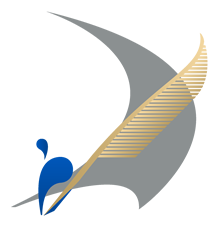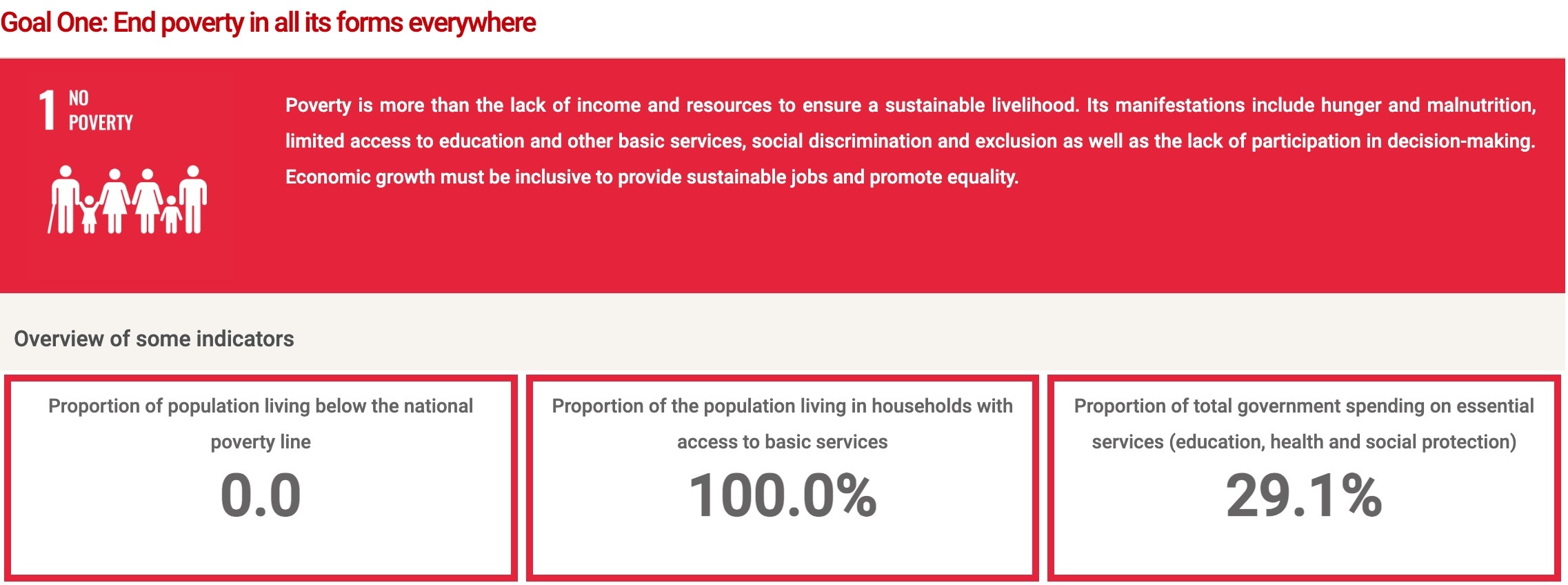SDG 1 - No Poverty
Gulf University actively supports the Kingdom’s endeavors to achieve SDG 1: No Poverty. By collaborating closely with the government NGOs and private sector, the university develops and implements innovative solutions to eradicate poverty in all its forms. These initiatives include generating awareness through workshops, entrepreneurship programs and community-based projects designed to empower individuals and uplift marginalized communities. Through these efforts, GU contributes to a more sustainable and equitable future for Bahrain.
SDG1 which is the first goal of the 17 SDGs package aims to fight and defeat poverty globally. However, poverty remains a significant challenge for many nations, including Bahrain. To tackle this issue, government of Bahrain has implemented various initiatives, such as social welfare programs, job creation opportunities, and economic growth strategies. Gulf University actively supports these national efforts by engaging in educational, research, and community-based activities. The Gulf University strives to raise awareness about poverty, provide support whenever required to vulnerable individuals and communities, and collaborate with stakeholders to empower people economically by creating opportunities for them.
Social Support Programs
Bahrain offers a range of subsidies for citizens, including electricity and water services, gasoline, and flour, with the latter two available to all residents and visitors. The Government implements direct cash subsidies to eligible individuals, ensuring targeted financial support. This includes providing social security to individuals and families under 11 categories, including those unable to work, widows, the elderly, and families in need. Furthermore, the government provides a cost-of-living allowance to all Bahraini retirees, a disability allowance for eligible citizens, a rental allowance for families that have been waiting for more than five years after submitting a housing application, means-tested financial support for low-income persons, and a compensation subsidy on meat to all registered families.
Better Living through Employment
Under the National Employment Program, launched in 2019, the amount of unemployment compensation offered to first time Bahraini job seekers was increased, as was the compensation period for unfair dismissal, from six to nine months. The Ministry of Labour, which reviews unemployment cases, also provides training for the unemployed and assists in finding suitable job opportunities.
Entrepreneurship and Economic Empowerment
In 2021, the Kingdom launched the ‘Khatwa’ program for home-based businesses; a free-of-charge alternative to families, registered with the Ministry of Social Development, to start and register their projects if they are not able to obtain a commercial registration. The program is open for various activities including photography, handcrafts, and online advertising, and aims to regulate the market, provide support and financing to beneficiaries, and protect consumer rights. The Family Microfinance House provides microfinance loans for low-income groups, without bank guarantees, assisting them to establish income generating projects. Her Royal Highness Princess Sabeeka’s Award for Productive Families is an annual opportunity to showcase the work of productive families and encourage their role in advancing social and economic development.
The Kingdom of Bahrain issued Law No. (18) [1] of 2006 on social security that resulted in the establishment of a special fund for social security. Work is being done to invest the proceeds of the social security fund in constructing new commercial complexes that allocate their profits to the Social Security Fund to support needy families. The purpose is to raise the standard of living of citizens and to meet the needs of people in each category by contributing appropriate income, narrowing the differences between the groups of society, and achieves social justice desired among all levels of society.
Besides that, the national plan for the development of society aims to raise the standard of living of families and to enhance self-reliance and financial independence. The Kingdom of Bahrain has developed several projects and programs to support the aim of the national plan. Bahrain has previously used the World Bank’s experiences in developing and structuring a social safety net, developing social assistance systems, and implementing a program based on two important elements: The first aims to develop standards that define the minimum living requirements in the Kingdom of Bahrain, based on the results of the survey carried out by the Information & government Authority, which was the cornerstone for the development of government policies towards targeting and developing the most venerable groups at the time. The second aims to consider ways to promote income-generating activities for families and to enhance living conditions in the areas where these families live.
As a higher education institution, GU operates with a clear vision to be a distinguished higher education institution in Bahrain and the region, for its competitive graduates, cutting edge learning environment, impactful research, and contribution to communities’ growth through constructive partnership.
The University prioritized student support, recognizing students as the cornerstone of its educational process and long-term sustainability. The University invested in providing financial aid to students in need, aligning with the strategies of the Higher Education Council of Bahrain. Additionally, GU actively contributed to SDG 1 by organizing sustainability weeks and other initiatives that empowered the university community and the wider public, thereby improving quality of life.
Bahrain efforts for SDG 1
Last Updated on November 27, 2024 @ 12:33:46 pm

